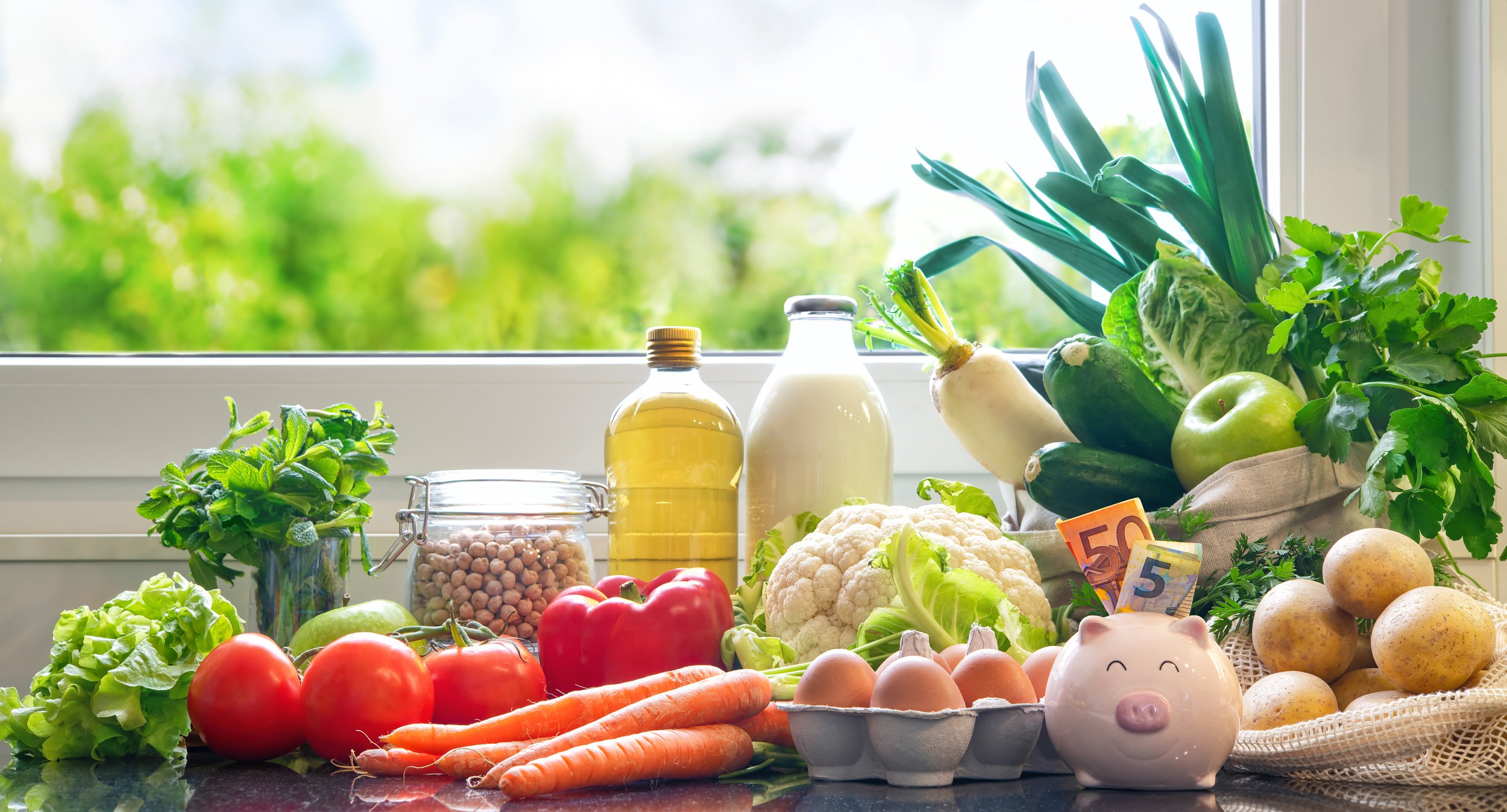
ORGANIC ON A BUDGET
SOURCING ORGANICS WITHOUT BREAKING THE BANK
JULY 20, 2023
A phrase often heard is “I can’t afford natural/organic/local produce!” But for the average household, is this really the case? While shopping on a budget is certainly a challenge in 2023, there are ways to make every dollar count if you’re committed to a healthy lifestyle.
According to the 2023 Australian Organic Market Report, interest in organic products continues to grow. A large study of Australian food shoppers found that broad culture change is driving preference for organic products, with factors such as sustainability, social license, animal welfare, health and wellbeing all considered important. In fact, 35% of shoppers who bought organic products increased their household budget spend on organic from 2021 to 2022.
As for the cost of organic food, yes, organics can often be pricier, but this is primarily due to the cost of producing food that is better for the environment, better for animal welfare and a far lesser chemical burden on the body. Yet, purchasing organic food is not always more expensive.
Here are some tips to get more bang for your buck when buying organically:
BUY IN SEASON
When fruits, vegetables and herbs are in season, they’re usually more abundantly available and therefore cheaper. There’s a reason why root vegetables, hearty leafy greens, and citrus are in season during the winter months and salad greens come into their crowning glory in the summer months. They are exactly what our body nutritionally needs at that particular time of the year. Foods grown and consumed during their appropriate seasons are more nutritionally dense, gaining benefit from a broader cross-section of phytochemicals and nutrients, and generally have a better flavour.
BUY IN BULK
Taking a bag or container to purchase bulk dried goods such as nuts, quinoa, oats, legumes and seeds can save you truckloads of cash, and reduce unnecessary packaging. Teaming up with a friend or neighbour to buy even larger volumes can help to keep costs to a minimum.
FREEZE & REUSE
Buying (aka stockpiling) organic mangoes, berries, bananas and even some greens when ripe and in season, and then freezing for later use in smoothies/jams/ferments/casseroles can save loads of cash down the track, with minimal loss to phytochemical ingredients, minerals and fibre.
COOK AT HOME
Home-cooked (and batch cooking) real ingredient meals can actually help families save money and, at the same time, help safeguard our bodies – controlling not only what goes in our food, but what stays out.
GROW YOUR OWN
You don’t need a garden and it takes little effort to grow a few pots of your favourite herbs and vegetables, and it’s so rewarding. You can grow them anywhere, on windowsills, on the porch, or on the driveway. Start with herbs, as they take up little room and are often expensive to buy. Try up-cycling your empty egg boxes into planters for seedlings and using old bean cans and milk bottles for plant pots.
For more organic tips, articles and recipes, visit budorganic.com.au.
(Pictured: Market Organics Rocklea Bulk Foods)
By Australian Organic Limited
First seen in the Seasonal Magazine: Winter 2023
Back to MO Blog page

